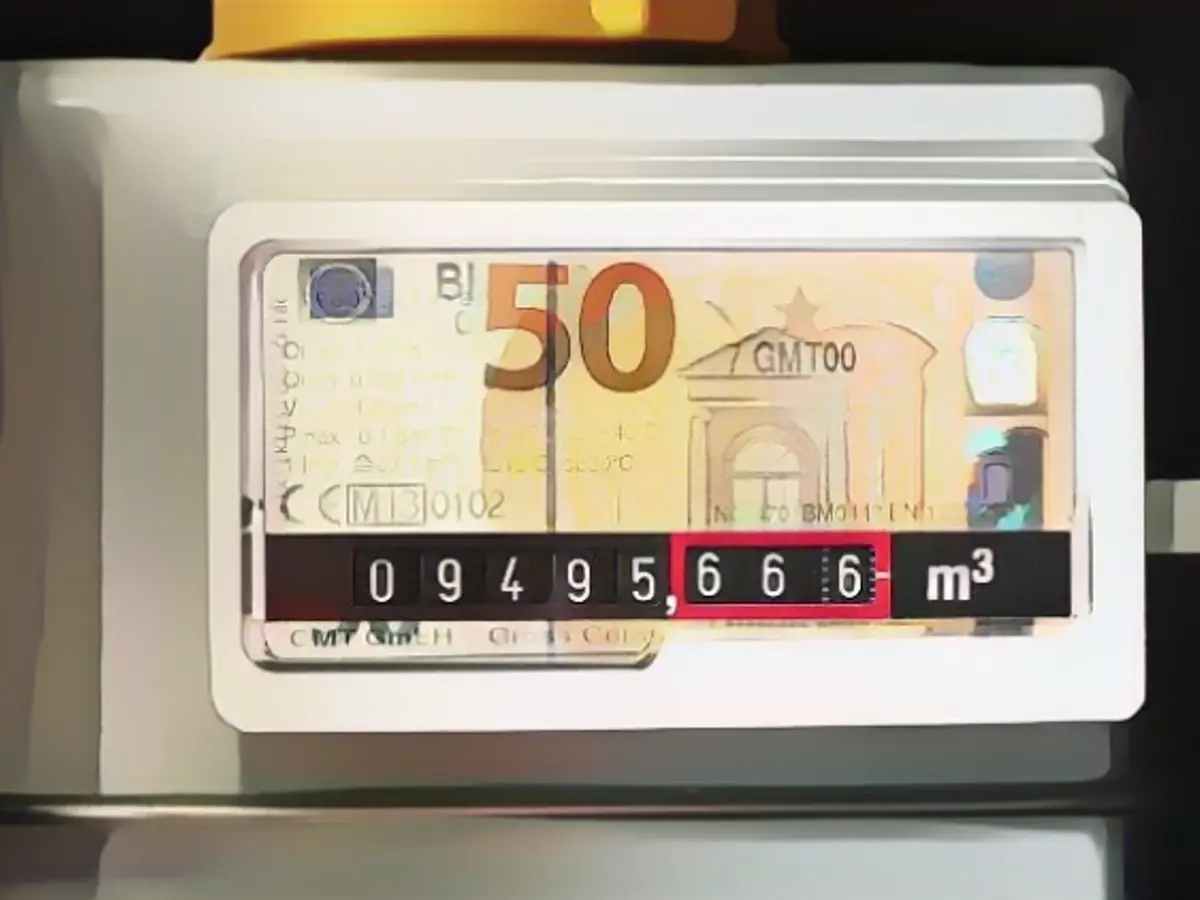Heating costs are significantly lower, but ...
Even if the gas price brake is abolished at the end of the year, consumers can currently secure comparatively cheap tariffs. Less pleasing is the fact that the VAT rate on gas is to be raised again to 19 percent. Read here what this means for customers.
Heating prices have fallen sharply compared to the previous year. In November 2022, the average household had to spend 3027 euros on gas and heating oil, whereas the current average is just 2322 euros. That is a drop of 23 percent, reports the comparison portal Check24.
In detail, the portal comes to the conclusion that:
- the average heating oil price has fallen significantly compared to the previous year. In November 2022, consumers paid EUR 2681 for 2000 liters of oil. The current price for the same amount is €2175 - a drop of 19%.
- gas costs are also significantly lower compared to the previous year. A sample household with a consumption of 20,000 kWh had to pay an average of 3200 euros in November 2022. Currently, the same amount of gas costs an average of just €2,396 - an average of 25% less.
- millions of households can expect gas costs to fall in the new year. In total, there are 334 cases of gas price reductions in the basic supply. This means that almost half of all basic suppliers will be reducing prices for gas customers on January 1, 2024. Around 2.7 million households will benefit from these price reductions. On average, the reductions amount to 24% or €839. Consumers currently pay an average of 2886 euros for 20,000 kWh of gas in the basic supply. Alternative suppliers charge an average of just €1875 for the same amount of gas. Switching from the basic supply to alternative providers saves an average of €1011 on gas.
The price brake for gas (and also for electricity and district heating) expires on January 1, 2024. However, according to Check24, this means that gas prices for consumers will only rise slightly on average. With a consumption of 20,000 kWh, consumers will have additional costs of EUR 44 on average. That is a two percent increase in gas costs.
With the price brakes, the state has been helping citizens since March 2023, with retroactive effect for January and February, in order to stem the exorbitant energy costs at the time. The energy price brakes cap 80 percent of the previous year's consumption at the energy price - for gas at 12 cents, for electricity at 40 cents, both per kilowatt hour. Consumption in excess of this will be charged at the energy price of the current gas or electricity tariff.
Value added tax to be raised again
But now the mood is getting gloomier. From March 2024, the VAT on gas is to be raised again to 19 percent. This means that a typical household will have average costs of 2620 euros next year. If VAT were to remain at seven percent, the cost for 20,000 kWh would be €2396 - that's an additional cost of €224. Overall, gas costs would rise by nine percent.
It is puzzling as to why gas has not yet been classified as essential, even though it is used as a heating medium by around half of all households in Germany and regularly saves many from freezing to death in winter. However, a closer look at which products are subject to which VAT rate is confusing to amusing anyway.
- As the VAT on gas is set to increase to 19% from March 2024, consumers should expect an average cost of 2620 euros for gas, causing an additional cost of €224 compared to if VAT remained at 7%.
- The landlord of an apartment, who depends on gas for heating, might be affected by the increase in heating costs due to the VAT hike, potentially impacting the value added tax they have to pay.
- In the context of real estate, potential homebuyers might consider the long-term implications of the gas price increase and their potential energy supplier's response, contributing to their decision-making process when evaluating apartment options.
- The advisor to an energy supplier might recommend pricing strategies to mitigate the impact of the VAT increase on gas prices, ensuring the company remains competitive in the market and provides value to its customers.
- The gas price increase and the VAT increase might lead to discussions between tenants and landlords, as they assess how to allocate the additional costs in the lease agreement for the apartment.
- The oil price and its relation to gas prices might be of interest to experts and analysts, as they watch for any potential impacts on the energy supply chain and heating costs in the future.
Source: www.ntv.de







